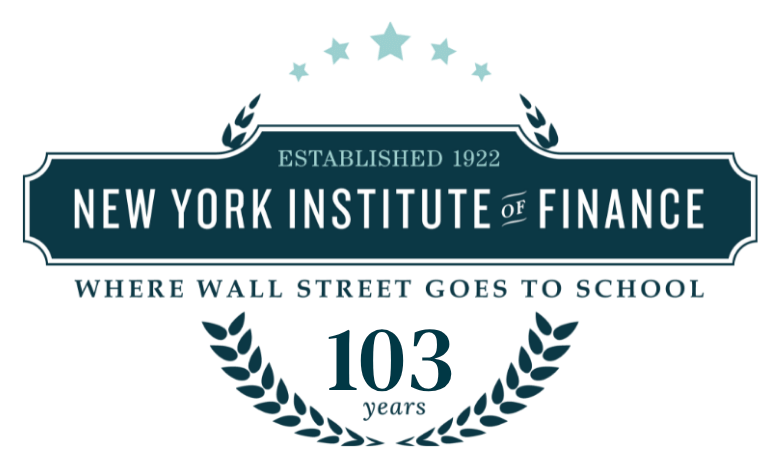Hedge funds spark review of Puerto Rico economy
By Stephen Foley and Vivianne Rodrigues in New York. This article originally appeared on the Financial Times website, FT.com on August 25th, 2014
Hedge funds speculating on Puerto Rican bonds are claiming that a 60-year miscalculation of economic statistics may have caused investors to underestimate the island’s ability to pay down its $70bn of debt.
Figures for the country’s gross national product could have been distorted by multinational companies using Puerto Rico as a manufacturing centre to pay less tax, the funds say, citing government sources and economists.
Puerto Rican authorities are now reviewing how they calculate GNP, amid concern that their methods are decades out of date. One calculation designed to capture the island’s economic growth in inflation-adjusted terms has not been overhauled since 1954, according to government sources.Part of its review is focused on the value of exports, which include goods manufactured by the Puerto Rican divisions of multinationals and sold to other subsidiaries. These internal “transfer pricing” arrangements can be heavily affected by companies’ attempts to cut their tax bills. By paying higher prices for goods from Puerto Rico, for example, they can reduce profits for tax purposes.
However, these artificially higher prices can misrepresent Puerto Rican inflation, and cause too large an inflation adjustment to be made to GNP.
According to a presentation circulating among certain hedge funds, this incorrect inflation adjustment has served to understate Puerto Rico’s economic performance. They claim that the country’s GNP may have grown by between 3 per cent and 11 per cent in real terms since 2005, rather than having shrunk by 11 per cent as official data suggest.
This argument is being highlighted by the hedge funds as they attempt to convince other investors that the island is strong enough to stave off a default. Trading in Puerto Rican debt is now dominated by these funds, after more conservative investors fled the island before its bonds were downgraded to junk status this year.
In July, the Puerto Rican government said “certain significant deficiencies” meant real GNP could have been either “overstated or understated for several years”.
Funds including Fir Tree Partners, Perry Capital, Monarch, Brigade Capital and Davidson Kempner – who together hold $4.5bn of Puerto Rican debt – have been putting pressure on the island’s government to improve the quality of its economic data and take other measures to restore confidence.In recent weeks, they have offered additional financing to the administration of Governor Alejandro Padilla while it works to restructure the debt of several publicly-owned utilities.
Hedge funds rarely participate in the $4tn US municipal bond market but began snapping up Puerto Rican debt last year when prices slumped. Fitch Ratings, the credit rating agency, estimates they now hold $16bn of the bonds.
“The presence of crossover buyers, such as hedge funds, in this market is a positive,” said Yuriy Layvand, Fitch analyst. “These type of buyers help support markets in times of price stress.”
After rising as high as 9.3 per cent in December, average yields on 20-year Puerto Rico general obligation bonds, which move inversely to prices, traded at 7.87 per cent this week, according to Thomson Reuters MMD.
By comparison, the average yield on municipal bonds with similar maturities stands at 2.87 per cent.
About New York Institute of Finance
With a history dating back more than 90 years, the New York Institute of Finance is a global leader in training for the financial services and related industries with course topics covering investment banking, securities, retirement income planning, insurance, mutual funds, financial planning, finance and accounting, and lending. The New York Institute of Finance has a faculty of industry leaders and offers a range of program delivery options including self-study, online and in classroom.
For more information on the New York Institute of Finance, visit the homepage or view in-person and online finance courses below:
